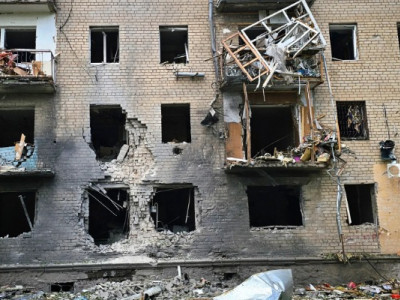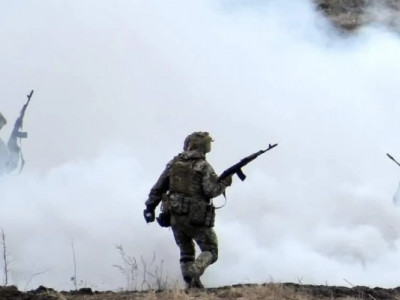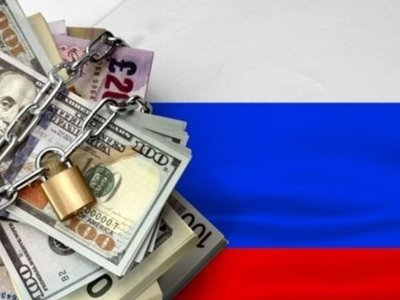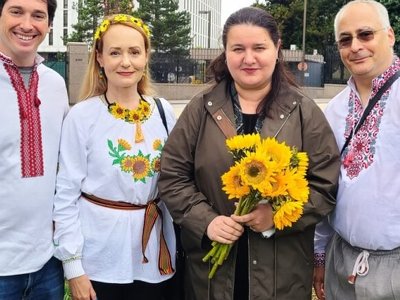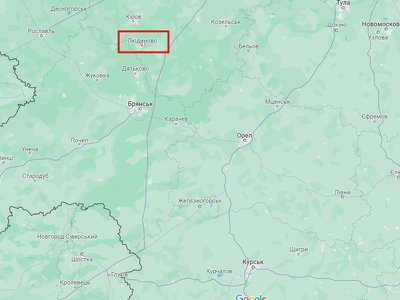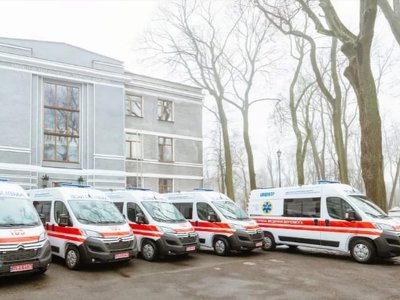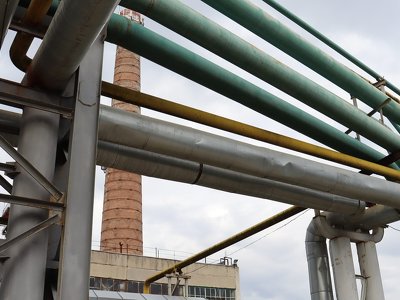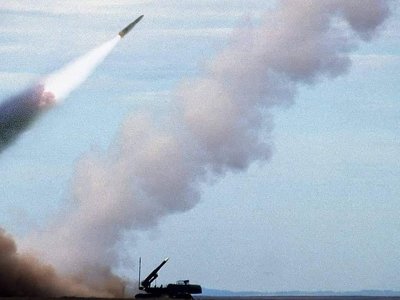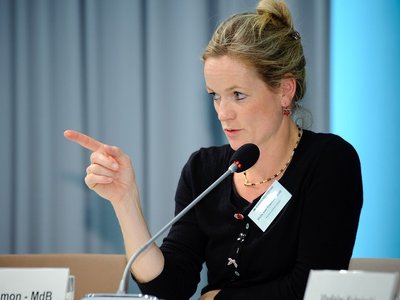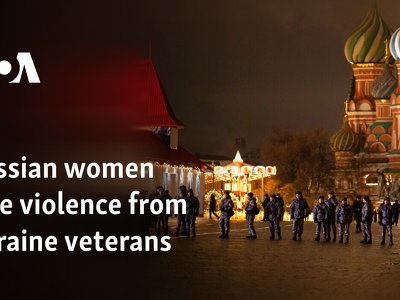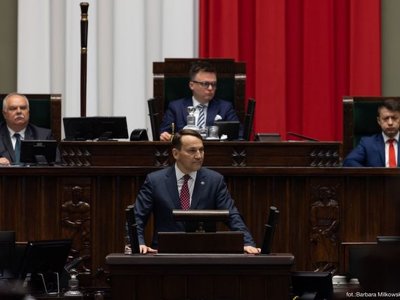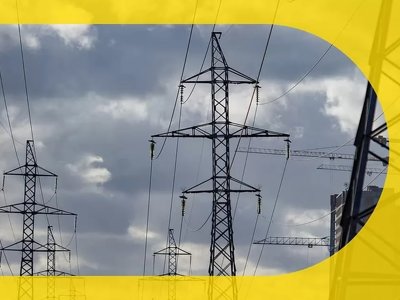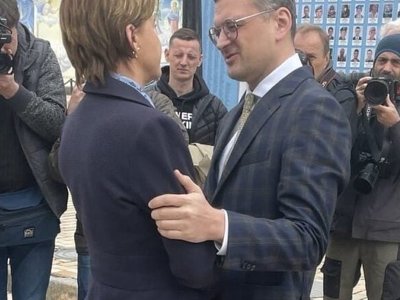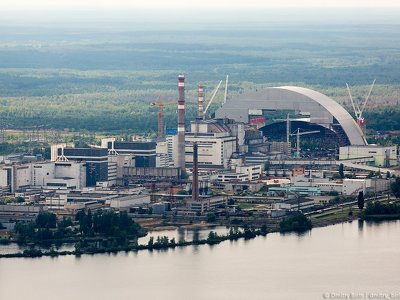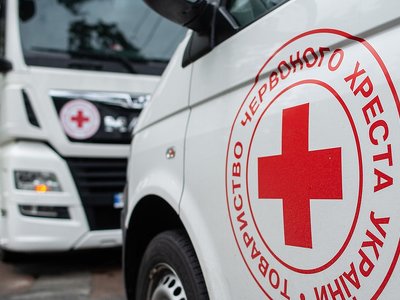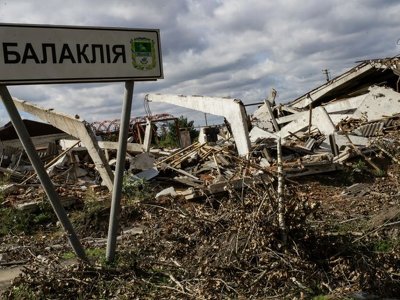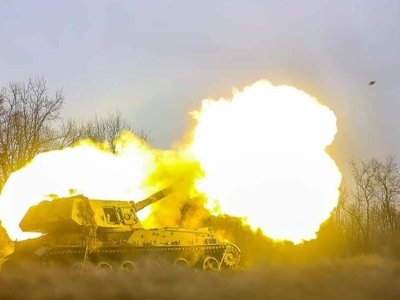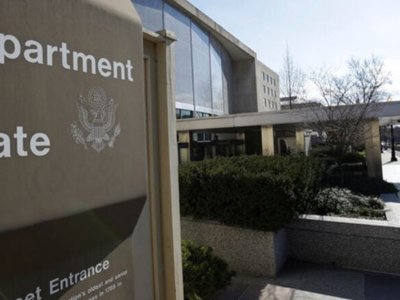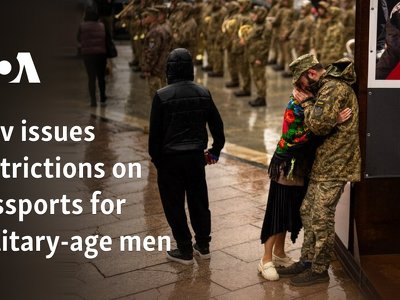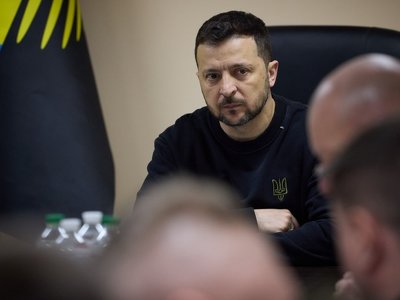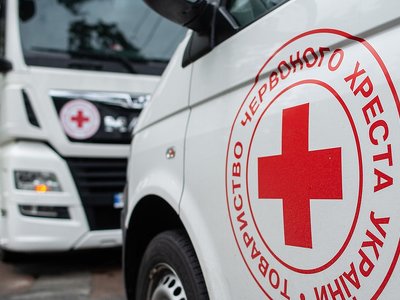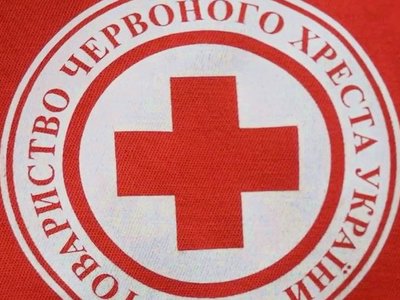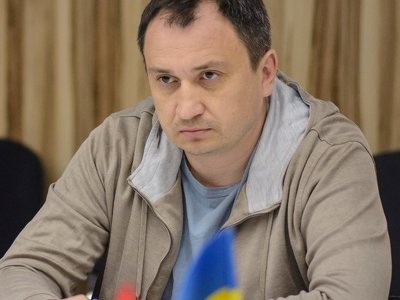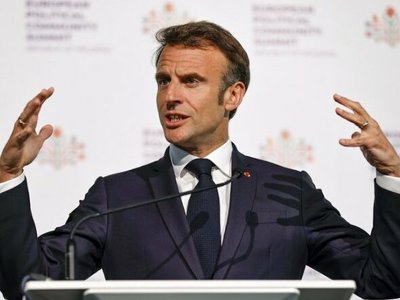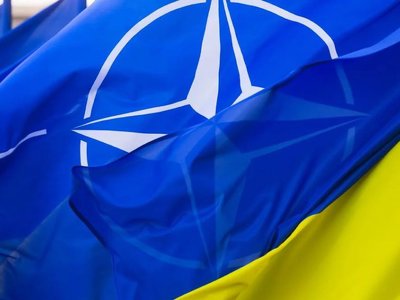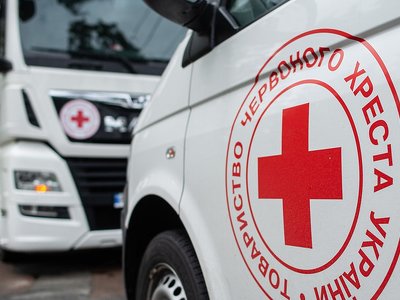How attitudes toward Ukrainians are changing in Central Europe

On the issue of Ukrainian refugees, Poland’s new president, Karol Nawrocki, has taken a much more radical stance compared to the Law and Justice party (PiS), which nominated him for the presidency.
Nawrocki’s views on this matter are closer to those of the far-right Confederation party, which was the first to voice such demands.
However, Ukrainian refugees are facing such problems not only in Poland.
Read more about the rhetoric toward Ukrainians, which is becoming increasingly common across other countries in Central Europe, in the article published as part of the international cooperation initiative between media outlets PULSE: Problems not only in Poland. How the far right has harnessed anti-Ukrainian rhetoric in EU states.
In Czechia, where parliamentary elections are set to be held in a month, Andrej Babiš is betting on anti-Ukrainian slogans. His party Action of Dissatisfied Citizens (ANO) is leading in the polls (32%), alongside the far-right Freedom and Direct Democracy (SPD) party of Tomio Okamura (third place with 12%).
Anti-Ukrainian rhetoric is also frequently voiced by politicians from the pre-election coalition Enough! (Dost!), which unites some leftist forces around the Communist Party of Bohemia and Moravia and various often ultranationalist movements. However, this movement focuses more on criticising military support for Ukraine.
Two myths promoted by populists and the far right are widespread in Czech society.
The first is that Ukrainian refugees receive better treatment than Czech citizens. The second is that Ukrainians are so well-off that they do not need assistance, since many came from regions not directly affected by the war.
Social benefits in Czechia amount to the equivalent of €180 – ten euros less than the lowest benefit received by an unemployed Czech citizen.
At the same time, statistical data show that the Czech economy has gained significant benefits from Ukrainian refugees. In the first quarter of this year, total expenditures on their support amounted to €155 million, while in the same period they paid €286 million in taxes.
Hungarian politicians are focusing on the same issue, as well as on the (still theoretical) question of Ukraine’s accession to the European Union.
The government of Viktor Orbán even conducted a nationwide survey of citizens on this matter.
Every household received a letter that began with the claim that Ukraine’s accession to the EU would deal an economic blow to Hungary and lower the standard of living of its citizens. The letter then moved on to assert that crime would rise in the country and that millions of Ukrainians would be paid pensions owed to Hungarians.
At the same time, Prime Minister Orbán’s anti-Ukrainian rhetoric is often echoed by the Hungarian opposition.
Many supporters of Hungary’s opposition leader explain his recent statements as a form of caution.
The situation in Romania looks much better – only 21% of respondents consider Ukrainian immigrants a major threat.
However, even there, public attitudes toward Ukrainians have noticeably shifted.
- Last
- February, 05
-
-
-
-
- April, 28
-
-
-
-
-
-
- April, 27
-
-
-
-
-
-
-
-
-
News by day
18 of September 2025

